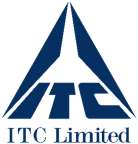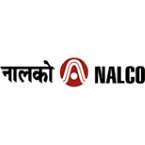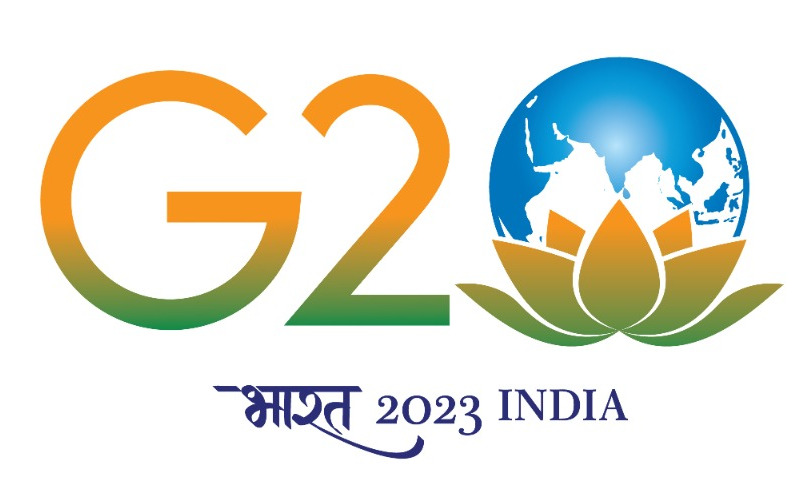GESI (Gender Equality and Social Inclusion)
Industries are promoting Gender Equality and Social Inclusion (GESI) measures - opening opportunities for women and marginalised groups. In addition to women, marginalised groups may include people with disabilities, certain ethnic groups, poor people etc. Marginalisation can vary from area to area. The initiatives taken by various organizations towards GESI measures are as follows:
Vardhman Fabrics, Budhni
- The organization carries out workshops in nearby villages to promote women’s empowerment.
- Policy of “Equal work equal remuneration.”
- Social skill development programs for women workers like "PACE"(Personal Advancement and Carrier Enhancement).
- Organizing Cultural and sports activities for women workers.
- Providing different platforms like QC, and TPM for personality development and confidence building. Our girl’s workers have represented the organization in international events and won prizes.
Vedanta Limited, Lanjigarh
- Targeting 50% hiring of woman employees from campuses
- Inclusion of Women employees in important Managerial Decision-making bodies with a total percentage improved up to 30%.
- Targeting 30% of women employees on the shop floor.
- Hiring LGBTQ personnel and sensitization training to all employees.
- Project Sakhi: The objective of the project is to make women aware of their socio-economic and cultural status in society and help them avail their rights and privileges.
Source: https://www.vedantalimited.com/eng/social_impact_csr_lanjigarh.php
JK Cement Works, Nimbahera, Rajasthan
- Females are doing only General (Day) shifts for 08 Hours (maximum) with Lunch Breaks.
- All Female employees are allowed compulsory weekly OFF.
- Females are having a separate sitting arrangement in the offices.
- Females are having safe & amp, separate Toilets in the organization.
- There is a Female Atrocity Cell where working females can put their complaints & problem.
Source: https://www.jkcement.com/csr
Trident Group
- Asmita: An initiative to generate awareness among women regarding empowerment, general health and hygiene, and the importance of washing hands, by engaging them in interactive audio/visual presentations and seminars.
- Work-from-home provision for women.
- Zero Tolerance Policy
- Hastkala: Crafts Training to make women self-reliant
- Sreejana: The programme is to impart knowledge regarding menstrual & reproductive health and to create awareness among adolescent girls for the safe usage and disposal of sanitary napkins. The programme also includes free medical checkups for Anemic girls and provides them with Iron supplements.
- Saksham: This initiative aims to provide employment for differently abled people to bring them to par with the mainstreams of society.
- Shisha Protsahan: This initiative aims at increasing the literacy & development level of the girl child of families living in Tribal & remote areas of Sehore District, Madhya Pradesh.
Source: https://www.tridentindia.com/social-responsibility
Vedanta Limited, Jharsuguda
- Target to employ at least 30% of total staff strength from female and transgender categories
- Employee Volunteerism Programme (EVP): Under this programme, the employees participate and engage in various community development programmes. In FY'21, total 351 days and 951 hours were spent on Covid 19 relief activities, Fire Safety Programs, Road Safety Programs, Pulse Polio immunization programmes and Plantation drive by Vedanta women employees on International Women's Day .
Source: https://www.vedantalimited.com/eng/social_impact_csr_jharsuguda.php

Raymond Limited, Chhindwara
- The mending section at Raymond Textile Plant, Chhindwara is completely employed by women workers

JK Tyre & Industries Limited
- They are actively increasing female representation in manufacturing roles, enriching workplace diversity.
- Their commitment includes achieving a 2% year-on-year increase in female representation, striving for a more equitable workforce.
- They have instituted self-help groups (SHGs) for women, promoting financial inclusion through savings, inter-loaning, and access to credit. Tailored training programs prepare members for income-generating ventures.
Source: https://www.jktyre.com/JK%20Tyre%20Sustainability%20Report%202021.pdf

Shree Renuka Sugars
-
Through the Sustainable Sugarcane Initiative, the company is increasing occupational health and safety awareness, primarily among women farmers.
Source: https://renukasugars.com/pdf/shareholders-service/agm/brsr-fy-2022-23.pdf

ITC Limited
- Women's Economic Empowerment: Providing women, especially those in extreme poverty, with opportunities for independent income generation through training and financial support. This initiative aims to break gender inequalities and build a more equal society.
- Certified Sustainable Farming: Promoting certifications like Rain Forest Alliance (RFA), Global Good Agriculture Practices (GAP), and Fairtrade in various value chains. These certifications help farmers avoid child labour, promote gender equality, optimise input usage, prevent pollution, and conserve biodiversity.
Source: https://www.itcportal.com/sustainability/womens-economic-empowerment-programme.aspx

Balrampur Chini Mills Limited (BCML)
- In 2018-19, the Company launched its Nipun Skilling Centre in Noida, Uttar Pradesh, with National Skill Development Corporation (NSDC), aiming to train 1000 women over 24 months for employment readiness.
- BCML, partnering with the Agastya Foundation, aims to revolutionise science education in underserved areas through Mobile Science Labs. These labs provide hands-on learning experiences, bridging the gap in rural Uttar Pradesh. Notably, the initiative has achieved 100% awareness among its target audience.
Source: https://chini.com/sustainability/social/

National Aluminium Company Limited (NALCO)
- Policy for equal pay for both men and women.
- Recruitment and selection processes are structured to prevent discrimination based on gender, geography, ethnicity, religion, or social class.
- Any form of discrimination is strictly prohibited.
Source: https://nalcoindia.com/sustainability/sustainable-development-reports/




